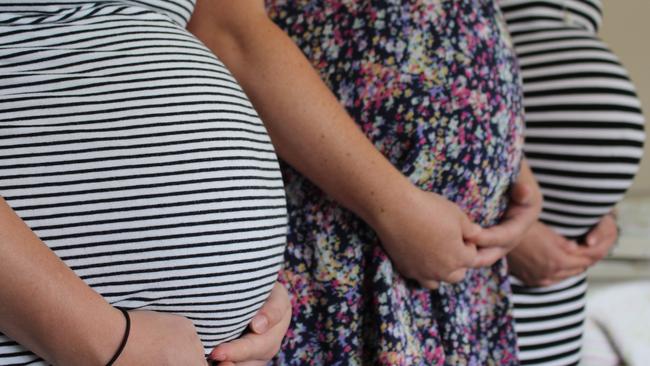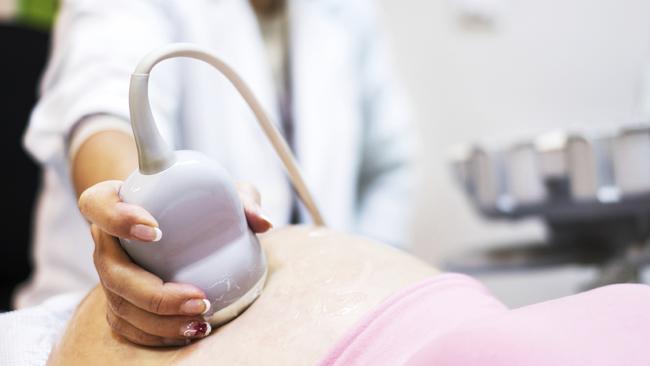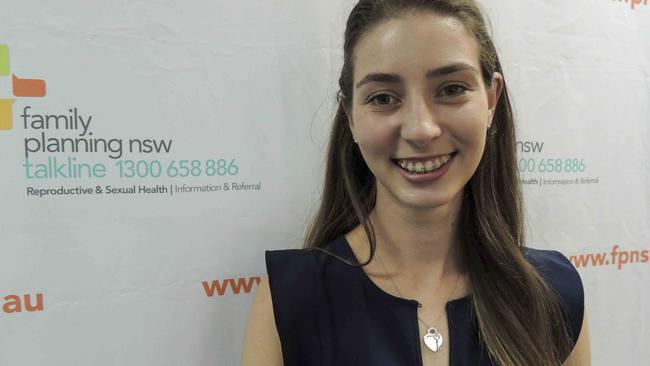Lithgow: Teen pregnancy rate double national average
A sex education gap is haunting a city in the Nepean Blue Mountains Local Health District.

The Blue Mountains News
Don't miss out on the headlines from The Blue Mountains News. Followed categories will be added to My News.
- Alleged ‘Bogan’ Coke can arsonist refused bail
- Rylstone man faces court on prescription fraud charges
- Future of the Mountains’ older residents revealed
- Ex-partner charged with bathtub murder faces court
Teen pregnancy rates in the Lithgow area are double that of Australia.
But sex education workshops for young people aren’t readily available, not even online, says Family Planning NSW researcher Eliza Basheer.
The latest Australian Bureau of Statistics data showed the teenage fertility rate in Nepean Blue Mountains Local Health District (NBMLHD) in 2016 varied from 8.05 live births per 1000 women in Blue Mountains Local Government Area, to 24.12 in Lithgow LGA — about two-fold higher than the national average.
The figure was 15.56 in Penrith LGA. That’s about 1.2 to 1.5 times higher than the national level.

Lithgow LGA also had lower levels of sexually transmitted infections detection than NSW, Ms Basheer said.
Yet, a 2019 study by Family Planning, led by Ms Basheer, revealed nearly 80 percent of parents and carers surveyed in the Lithgow area had never taken part in a sexual and reproductive health workshop, and neither had a majority of service providers — though 90 per cent felt they would benefit from it.
To combat this, Family Planning, in collaboration with the health district, will host free whole-of-community sexuality and relationship education courses for parents, carers, disability support workers and service providers in the Lithgow region and Penrith.
Courses will start in March.

Ms Basheer said traditionally the responsibility of sexuality and relationship education, including condom use, has sat almost entirely within the school curriculum.
But this approach didn’t account for disengaged students — in Lithgow only 28.2 percent of people aged over 15 had completed Year 12 or equivalent as of 2016, compared to 52.1 percent in NSW.
“Young people who might be disengaged from school and people with disability will all be able to benefit from the courses, as those they look to for guidance are upskilled in providing accurate and relevant sexuality and relationship education,” Ms Basheer said.
To register for a workshop, visit the Family Planning NSW website.
What was looked at
- From July to December 2019 Family Planning surveyed: 24 parents in the Lithgow area; 11 service providers, including teachers, social and youth workers and disability support workers; and 44 people aged 16-25 years. Ten semi-structured interviews were also conducted.
- The FPNSW needs assessment looked at the availability of sexuality and relationship learning opportunities and resources for adults who support children and young people, and for young people themselves, and the desired content of sexuality and relationship education and training workshops.
- Parents and carers wanted more information on physical body changes through puberty, service providers requested training on LGBTQI health and consent, young people wanted holistic education covering topics like gender identity, parents and carers of kids with disabilities felt things like personal hygiene and managing menstruation were relevant topics for them.
